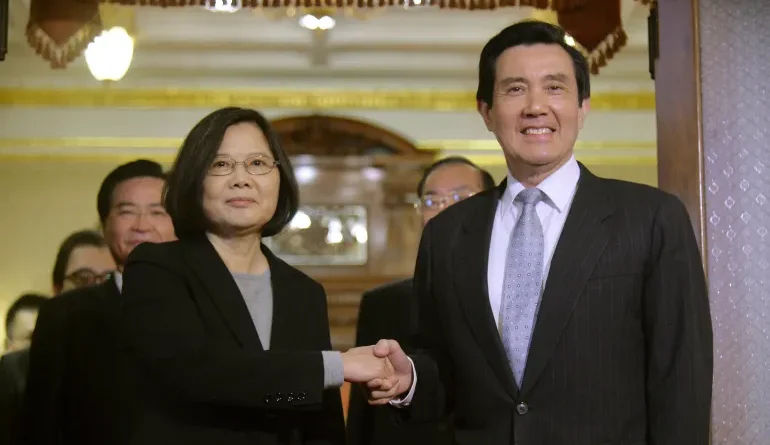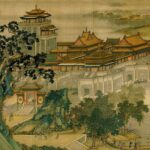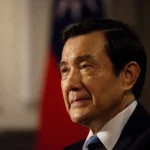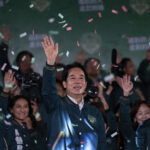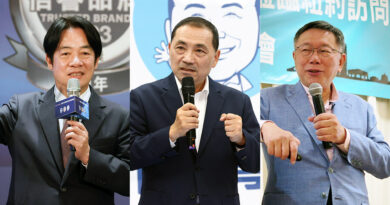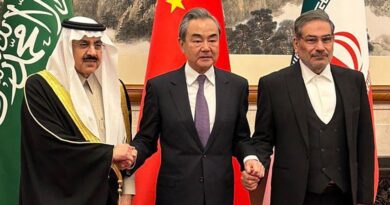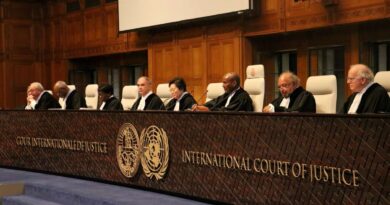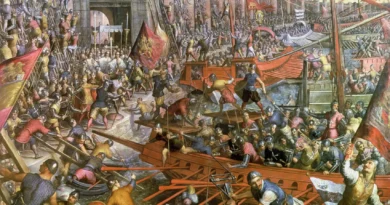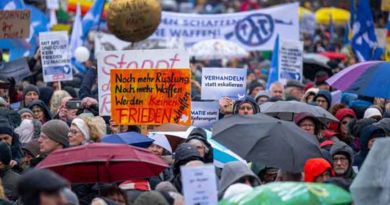"You to Boston and I to California"
XULIO RIOS
Chance (or not) has meant that the imminent trip of President Tsai Ing-wen to Central America, with stops in the US, coincides with that of former President Ma Ying-jeou to mainland China. In both cases, there is a strong symbolic charge, but it also highlights the political priorities of the two options that are fighting to determine the immediate future of Taiwan.
President Tsai will visit Guatemala and Belize with stops in New York and Los Angeles. This is her seventh visit to the region since she took office in 2016. Her visit to Central America is overshadowed by Honduras' decision to break relations with Taipei. Last-minute pressure from President Biden's high-ranking adviser, Chris Dodd, who traveled to Tegucigalpa to mediate with President Xiomara Castro, did not work. The chancellor of her Queen of her has already formalized this Sunday the recognition in Beijing. And the expectation now extends to Paraguay, its only ally in South America, which will hold elections on April 30: if Efraín Alegre's opposition wins, he has already announced that he would also break with Taiwan.
Tsai hopes to compensate for this adverse diplomatic climate with her stops in the US, where she hopes to develop a substantial agenda: a meeting with the speaker of the House of Representatives, Kevin McCarthy, a conference at the Hudson Institute in New York, in addition to various contacts. Tsai's early meeting with McCarthy is seen as a potential alternative to a delicate visit by McCarthy to Taiwan, a trip he has said he hopes to make, but after the island's January 13 presidential and legislative elections. The White House has tried to downplay the importance of Tsai's agenda by placing it in the parameters of "normalcy", but China has reiterated its warnings about official contacts.
For his part, Tsai's predecessor in the Taiwanese presidency, Ma Ying-jeou, 73, will begin an important trip to mainland China on Monday. The official restriction on traveling to the mainland after leaving office already expired in May 2021, but the pandemic postponed the tour. With this trip, Ma would become the first former Taiwanese president to visit China since 1949.
The purpose of their journey is reportedly to pay homage to their ancestors on the eve of the Qingming Festival, also known as Tomb-sweeping Day. The itinerary will take you to the cities of Nanjing, Wuhan, Changsha, Chongqing and Shanghai. He will also visit the historical sites of the Wuchang Revolt and the War of Resistance Against Japan. Ma Ying-jeou will not visit Beijing and does not plan to meet any of China's leading political figures, although he is reportedly not closing the door on such meetings (perhaps Wang Huning?).
In addition, he will lead a group of students from Taiwan with an agenda focused on promoting communication and exchanges with counterparts from various Chinese universities and a focus on history and war, "so that they can further appreciate the gift of peace".
Ma was president of the ROC from 2008 to 2016. At that time, the two sides enjoyed the best relations since the end of the Chinese civil war in 1949. He had a landmark meeting with Chinese President Xi Jinping in Singapore late 2015, shortly before Tsai Ing-wen was elected president in January 2016.
Behind the symbolism of Ma's trip there is a clear will to reaffirm Taiwan's Chinese roots, and also an invocation of preventive dialogue in order to ensure stability and peace in the Strait. Ma's approach sounds to some like "near-treason" and those who criticize the inappropriateness and approach of his trip warn him about the infeasibility of any attempt to revive the atmosphere of his Administration.
No less relevant is the coincidence of this trip with the declaration signed by 37 Taiwanese academics, active and retired, who call for maintaining positive and equidistant relations with the US and China to avoid the danger of a war that could sacrifice Taiwan.
Tsai will have to refer to this hypothesis, which is causing great debate in the US, in her contacts with the Biden Administration. The White House has committed to a security approach that prioritizes the strengthening of bilateral ties with Taipei and the improvement of its military capabilities, even at the risk that all of this could be interpreted by China as an endorsement of independence.

